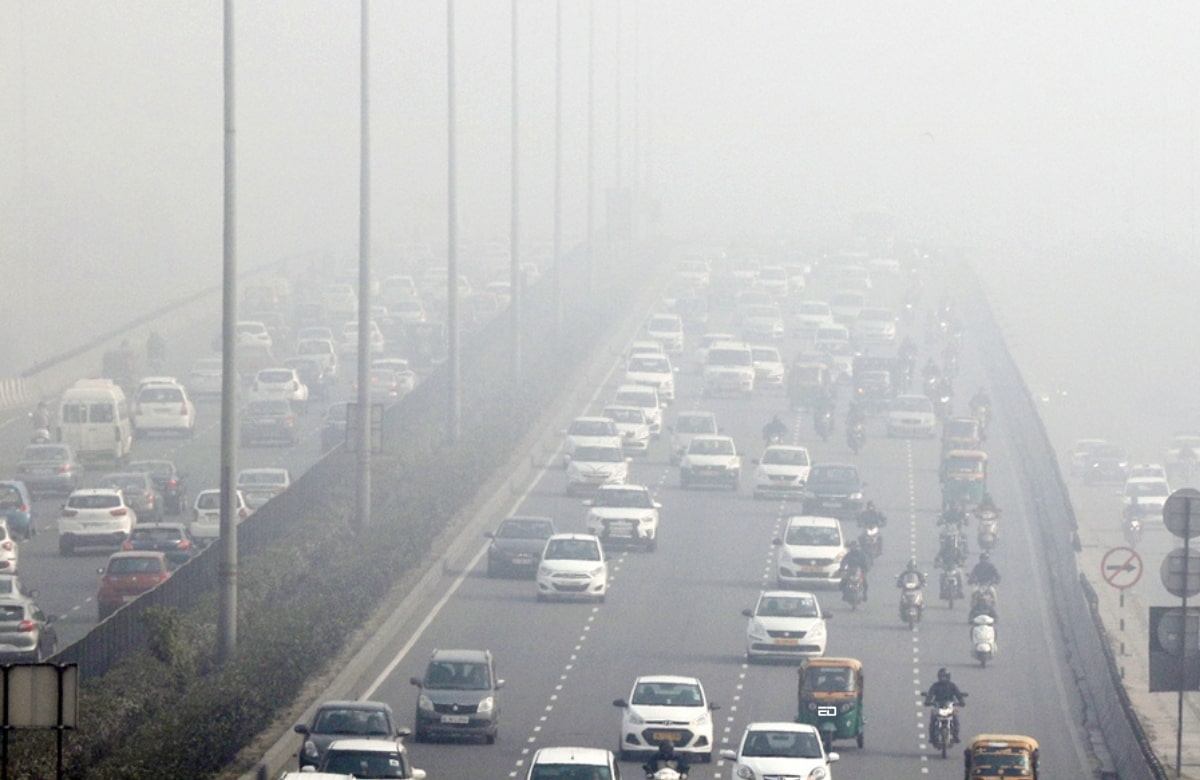As the festival of lights, Diwali, approaches in Delhi, the debate over pollution levels has once again taken center stage.
In recent years, there has been a significant focus on curbing pollution during this festive season, with fireworks often taking the blame. However, the story behind the improved air quality in Delhi during Diwali is far more intricate than the mere absence of pyrotechnics.
A Multi-Faceted Approach to Air Quality
Environment Minister Gopal Rai’s decision to reiterate the ban on fireworks has undoubtedly contributed to cleaner pre-Diwali and Diwali days. Still, experts suggest that the improvement in air quality is not solely attributed to this measure. Instead, it is a complex interplay of various factors, including meteorological conditions and efforts to control toxic pollutants.
The Role of Meteorological Conditions
Contrary to popular belief, meteorological conditions have played a pivotal role in determining air quality during the festival season and the winter months. The wind’s role during Diwali in recent years has been just as significant as the reduction in fireworks. Prevailing winds have effectively dispersed pollutants across North India, leading to notably good air quality on Diwali night.
D Saha, former head of the air pollution laboratory at the Central Pollution Control Board, emphasizes the importance of meteorological conditions. While acknowledging their crucial role, he also highlights the significance of controlling toxic pollutants like dust and gases. Banning fireworks, even if they contribute a relatively small percentage to pollution, remains a positive step for public health.
Read More: Delhi HC Rejects Acid Sale Blanket Ban Despite Acid Survivor’s Plea: Here’s Why
The Impact of Firecrackers on Air Quality
A research study conducted at the Post-Graduate Institute of Medical Education and Research, Panjab University, identified PM2.5 and sulphur dioxide (SO2) as major pollutants generated by firecrackers.
Surprisingly, there was no significant impact on ozone levels, contrary to earlier assumptions. The rate of growth of PM2.5 and SO2 due to crackers dropped dramatically in 2020 due to favorable windy conditions.
Chandra Bhushan, CEO of the International Forum for Environment, Sustainability, and Technology (iForest), emphasizes the paramount importance of meteorological conditions in Delhi’s air quality.
He points out that the number of days with better air quality is directly proportional to rainy and windy days, highlighting that weather conditions are the single most critical factor in pollution levels.
Looking Beyond Fireworks
While acknowledging the importance of banning fireworks as a civic duty, Bhushan stresses that the reduction in particle pollutants is not solely due to this ban. He calls for additional measures, particularly in winter, such as discouraging the burning of waste and biomass for heating by providing electric heaters to those in need.
The battle against pollution in Delhi during the Diwali season is a multi-faceted one. While the ban on fireworks is a significant step towards cleaner air, it is not the sole solution.
The role of meteorological conditions cannot be overstated, and controlling various other sources of pollution, such as vehicular emissions and agricultural practices like stubble burning, remains critical.
Image Credits: Google Images
Feature Image designed by Saudamini Seth
Sources: BBC, The Times of India, Mint
Find the blogger: Pragya Damani
This post is tagged under: Air quality, Diwali pollution, Firecracker ban, Meteorological conditions, Pollution control, Public health, PM2.5, Sulphur dioxide, Environmental impact, Pollution sources, Vehicular emissions, Stubble burning, Pollution mitigation, Electric heaters, Festive season pollution
Disclaimer: We do not hold any right, copyright over any of the images used, these have been taken from Google. In case of credits or removal, the owner may kindly mail us.
Other Recommendations:
UGC Calls Out 20 Fake Universities In India, Delhi Ranks Highest
